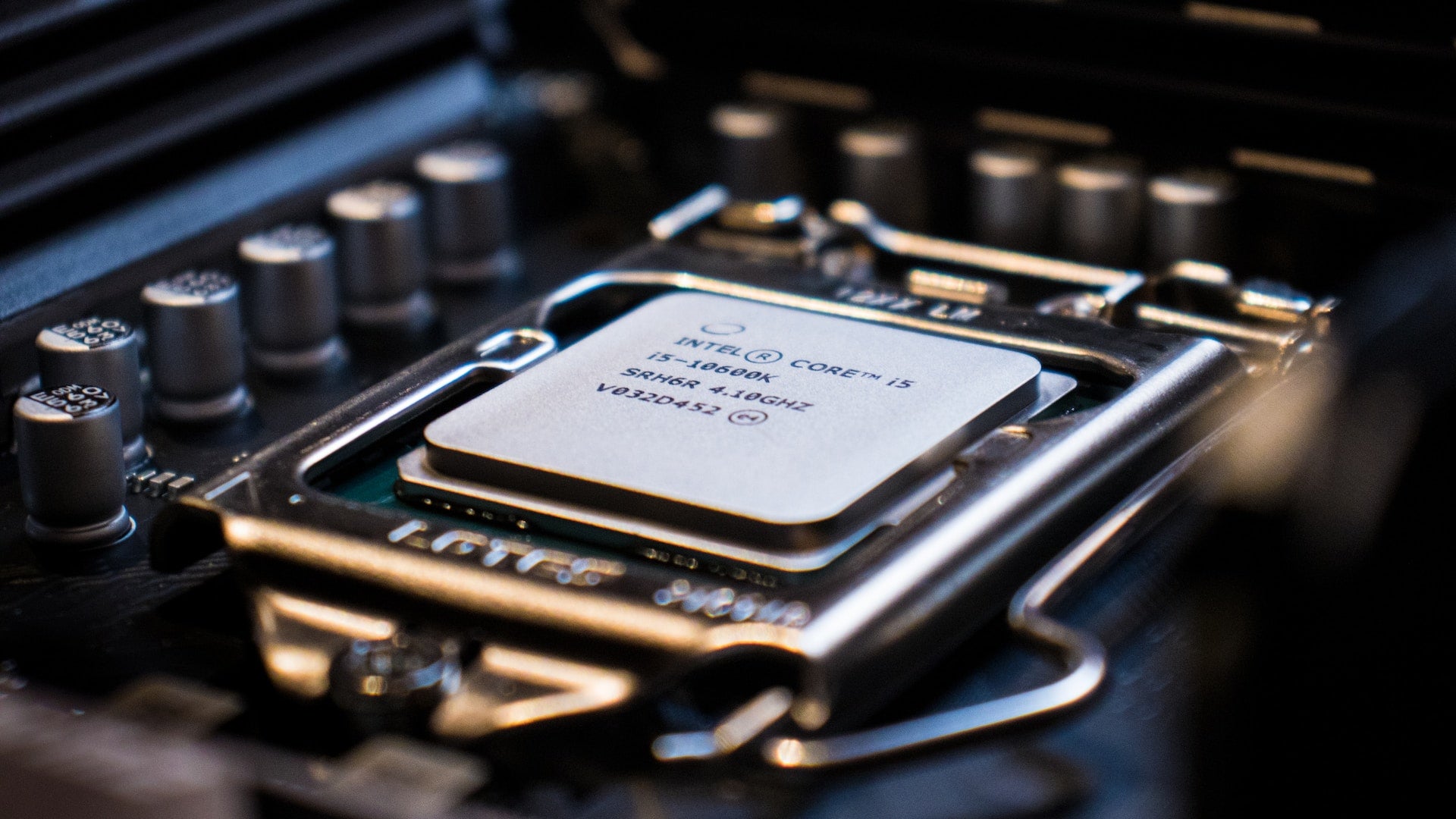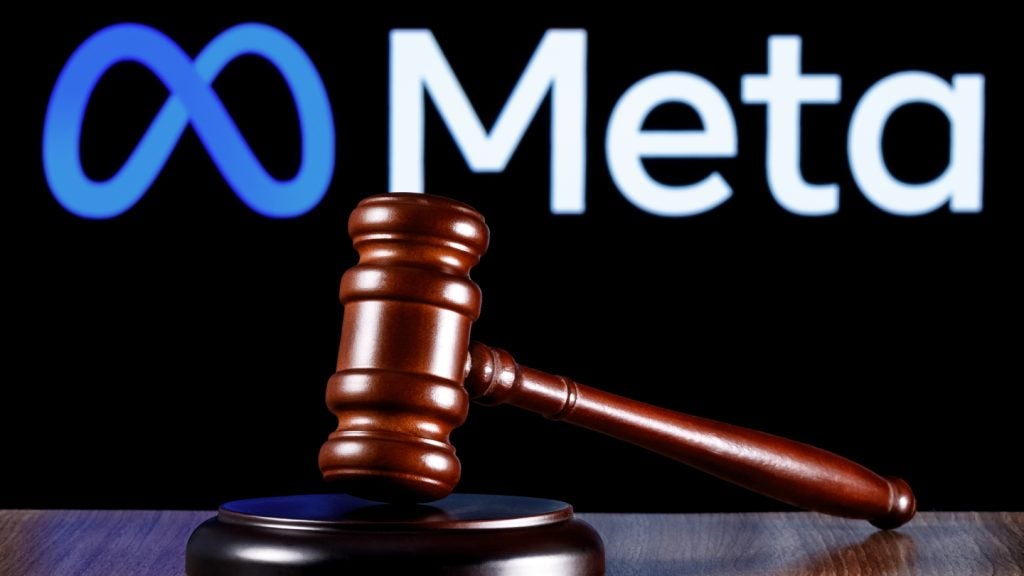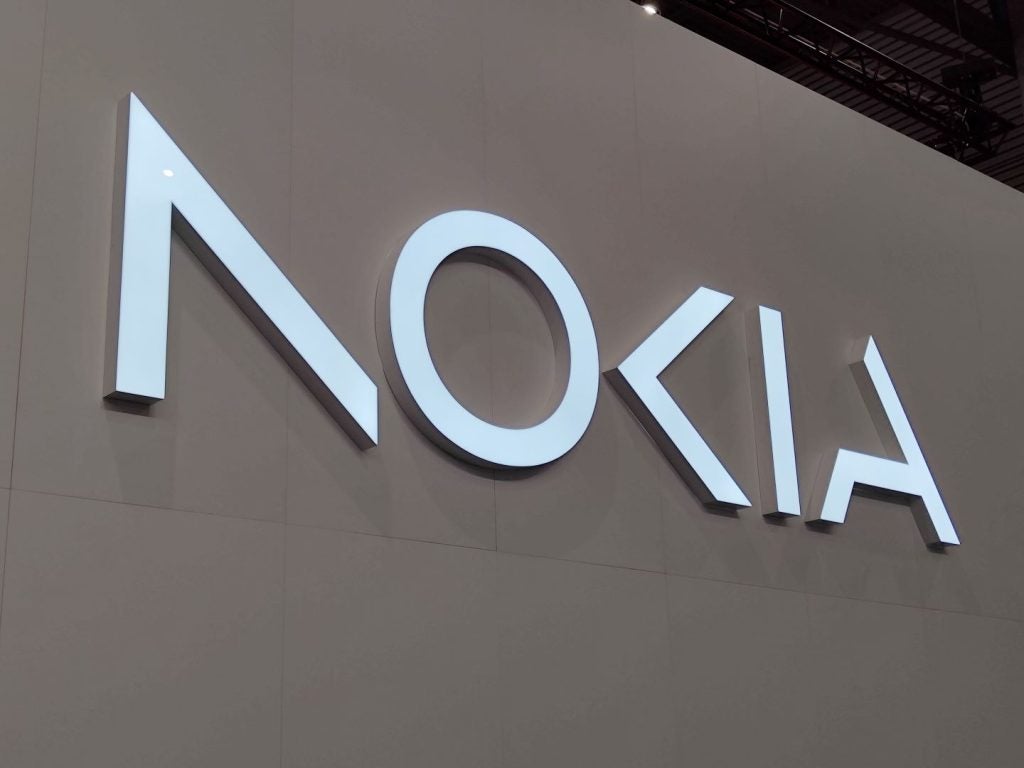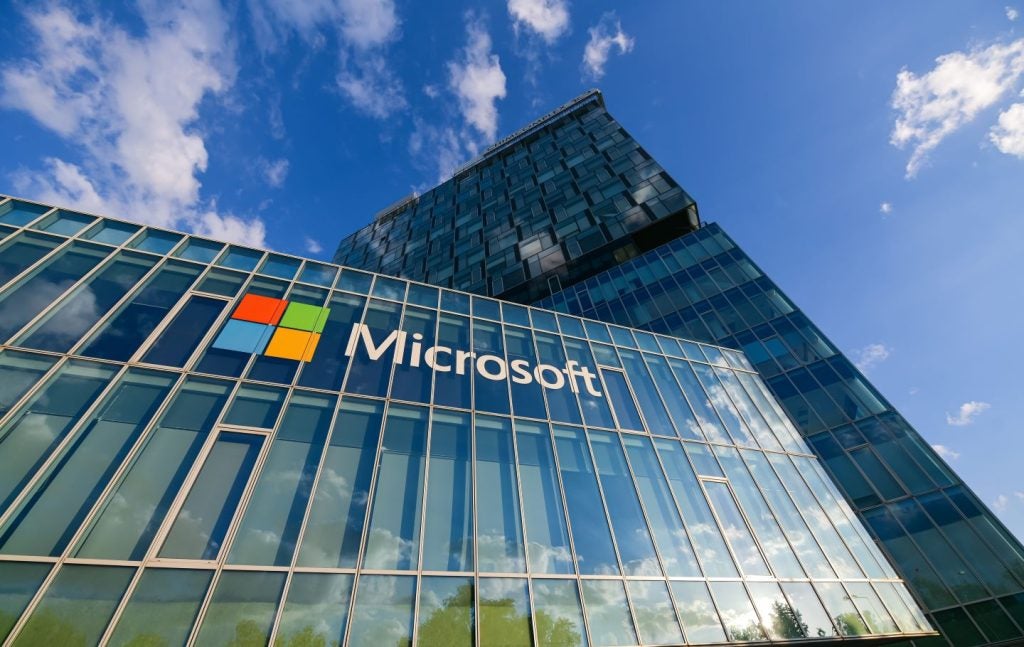
The European Commission (EC) has re-imposed a fine of €376.36m ($400m) on US chip manufacturing major Intel for anticompetitive practices.
According to the European regulator, Intel violated EU antitrust laws by engaging in several anticompetitive practices between November 2002 and December 2006 to eliminate rivals from the relevant market.
In 2009, the EC imposed €1.06bn fine on Intel for abusing its position in the market for x86 CPUs.
Last year, the General Court partially annulled EC’s 2009 decision and annulled the fine €1.06bn imposed on Intel.
The court, however, agreed that Intel illegally blocked competitors from the market.
According to the EC, Intel paid computer manufacturers to prevent or delay the release of specific products with x86 CPUs made by competitors and to restrict the distribution channels open to these products.
How well do you really know your competitors?
Access the most comprehensive Company Profiles on the market, powered by GlobalData. Save hours of research. Gain competitive edge.

Thank you!
Your download email will arrive shortly
Not ready to buy yet? Download a free sample
We are confident about the unique quality of our Company Profiles. However, we want you to make the most beneficial decision for your business, so we offer a free sample that you can download by submitting the below form
By GlobalDataFollowing last year’s judgment, the EC has imposed a new fine on Intel.
EC Commissioner Didier Reynders said: “With today’s decision, we are re-imposing a €376.36m fine on Intel for having abused its dominant position in the computer chips market.
“Intel paid its customers to limit, delay or cancel the sale of products containing computer chips of its main rival. This is illegal under our competition rules.”
Responding to the development, Intel said it is weighing its options, reported Reuters.
“We are analysing the decision and the amount of the fine to determine the possible grounds and prospects of success of an appeal to the European Courts.,” the company was quoted as saying by the news agency.
The development comes as the US-based company awaits EC’s approval for nearly €10bn in German state aid, which will be used to build a semiconductor facility in Germany.







